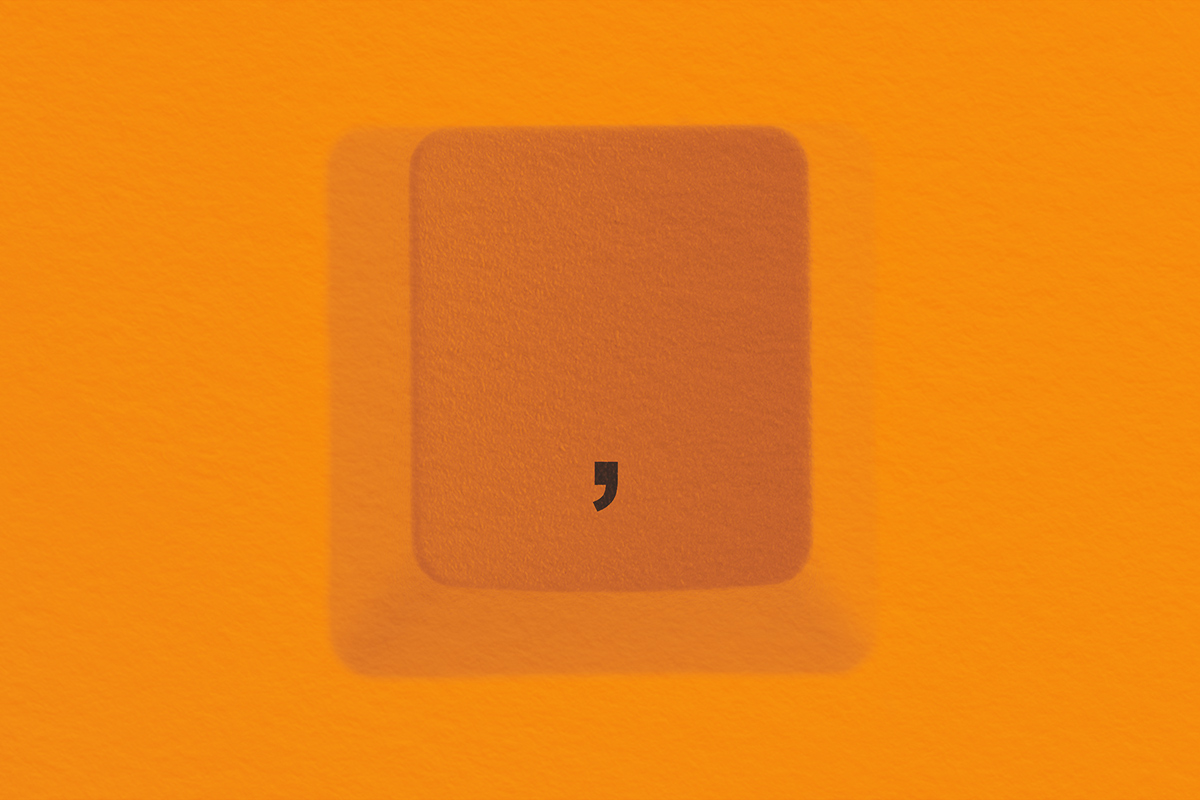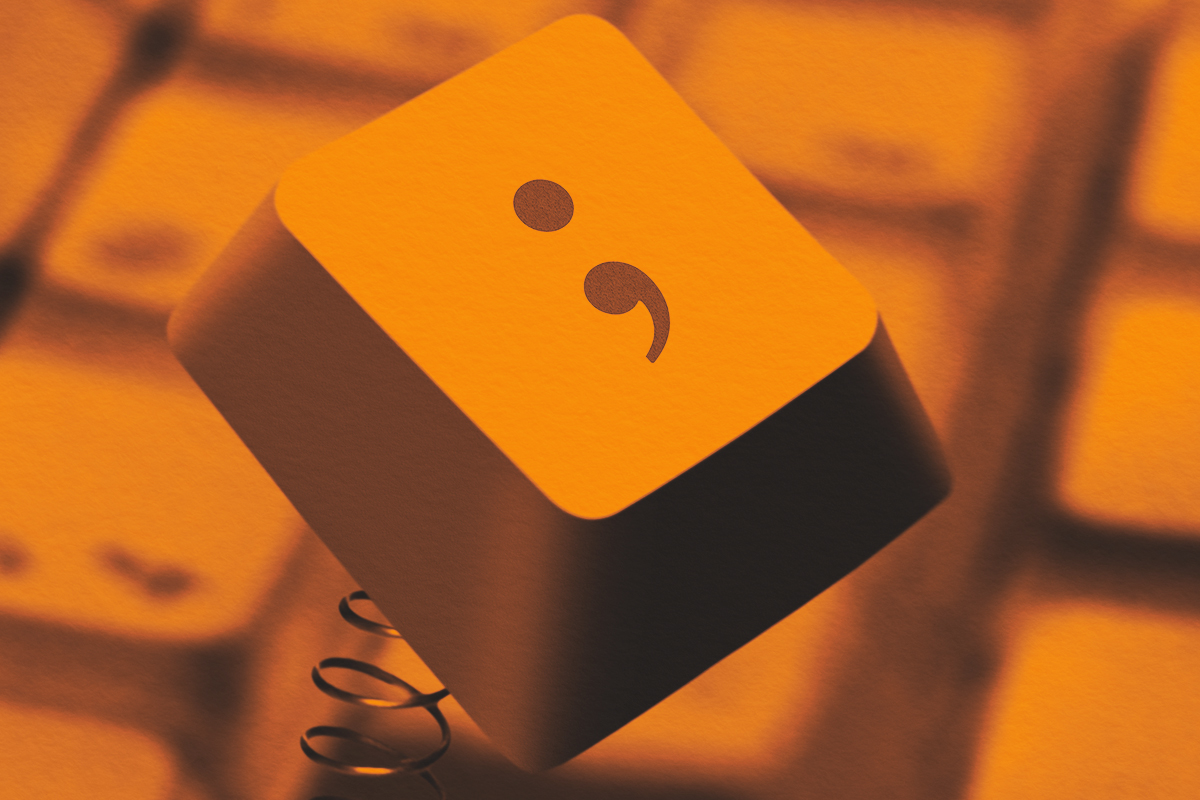
A children’s book called Eats, Shoots & Leaves: Why, Commas Really Do Make a Difference! is about the power of punctuation. The title might be puzzling, but one glance at the cover reveals the joke: It’s about pandas. It also gives an example of how an unnecessary comma can completely alter a sentence’s meaning. The comma after “eats” turns it from a panda “eating bamboo shoots and leaves” to a panda performing three separate actions: eating, shooting, and leaving. Commas are a bit like salt in the kitchen — necessary, but too much can ruin the whole dish. Superfluous commas can be found scattered across emails, texts, and documents, skewing meanings and confusing messages.
A common mistake is inserting an unnecessary comma before a coordinating conjunction (e.g., “and,” “but,” “so,” “or”). A comma is only needed when the conjunction joins two independent clauses (each can stand alone as a complete sentence). If one of the clauses is dependent (it can’t stand alone), the comma should be left out.
Another frequent misstep is offsetting essential information with commas. Writers often confuse this with the correct practice of placing commas around nonessential details: “The zoo had many animals, including elephants and tigers, that the children were excited to see.” Here, the extra details are optional, so commas are appropriate. But when the information is essential, commas interrupt the flow: “My friend, loves ring-tail lemurs, the most.” These pauses feel unnatural. Often, unnecessary commas are a result of overcorrection attempts to follow grammar rules. But trust your ear — if a sentence feels disjointed, try removing the comma or rephrasing.

















